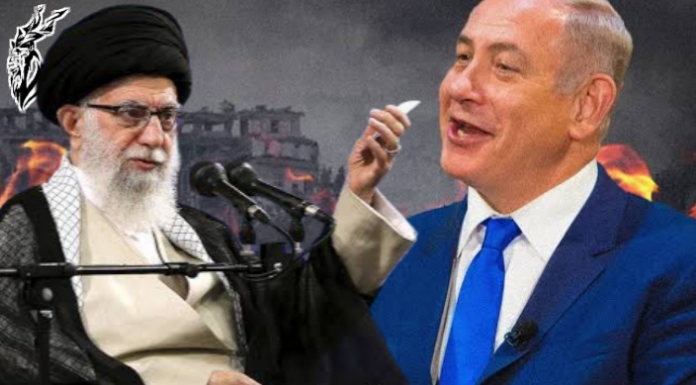The relationship between Israel and Iran has been marked by tension and hostility for decades.
Understanding Israel’s strategy towards Iran requires an exploration of historical context, security concerns, and the perspectives of how international system works.
Since the Iranian Revolution in 1979, which established a theocratic regime, Israel has viewed Iran as a significant threat. Iran’s support for anti-Israel groups such as Hezbollah and Hamas has further exacerbated these tensions. Israel perceives Iran’s nuclear ambitions as a direct challenge to its existence.
Israel’s security strategy is heavily influenced by the concept of deterrence. Scholars like John Mearsheimer argue that states will act to ensure their survival. For Israel, a nuclear-armed Iran represents an existential threat that must be countered. Israel’s military actions, including airstrikes against Iranian positions in Syria, can be seen as preemptive measures to prevent Iran from gaining a foothold near its borders.
If we look at some of the developments i.e. the killing of Iranian top-notch General Qassem Soleimani and convoy, the attack on the Iranian embassy in Baghdad, targeting infrastructure in Lebanon, killing Hezbollah’s men, and most recently the killing of Ismail Haniyeh, the chief of Hamas’ political bureaus. All these aggressive measures are a sign of Israel provoking Iran to somehow enter the direct battleground, which will automatically invite all the great powers especially the United States into the war to defend Israel.
Such developments would than lead to the expansion of the ongoing conflict, engulfing the whole region with major powers facing off in the middle east. Realist theories in International Relations provide insight into Israel’s behavior.
Mearsheimer and other realists argue that states operate in an anarchic international system where power and security are paramount. Israel’s provocative actions can be interpreted as attempts to assert dominance in the region and deter Iranian influence.Domestic politics also play a crucial role in Israel’s stance towards Iran. Political leaders may use external threats to rally domestic support. By portraying Iran as a common enemy, Israeli leaders can unify their populace and distract from internal issues.
In summary, Israel’s provocative actions towards Iran are driven by a combination of historical grievances, security concerns, and international relations dynamics. The perspectives of scholars like Mearsheimer highlight the importance of power and security in shaping state behavior. Understanding these motivations is essential for analyzing the ongoing conflict in the region.
Report By Syeda Ume Abiha, Intern At The Pakistan Frontier.
